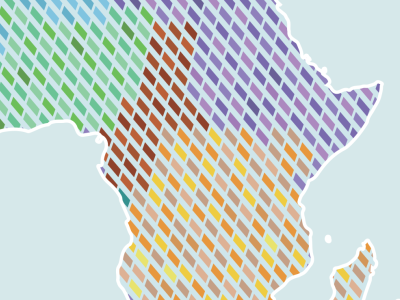
The political economy of Africa’s regional ‘spaghetti bowl’ – Synthesis report
This report synthesises the findings of a two-year research project on the political economy dynamics of regional organisations (PEDRO). It aims to explain why African countries join multiple, often overlapping, regional organisations despite the complications this ‘spaghetti bowl’ of agreements creates; and what drives and constrains the regional agendas and processes of these organisations.
This page is also available in French.
Summary
This may help national and regional policymakers in Africa engage more purposefully with African stakeholders and external partners, and move from commitments and strategies towards more effective implementation.
The findings presented discuss why regional organisations often struggle to promote the functional integration that is sought in Africa. Often the ambitions and scope of regional commitments and support go beyond the political ‘room for manoeuvre’ of national and regional actors. That implies a need to recognise that barriers to progress on regional integration and cooperation often arise from the continual flux of political bargaining processes between and within countries, and not simply a lack of finance and capacity. The nature of the regional ‘problem’ being addressed is also important, raising questions about the appropriate level and form of regional cooperation to aim for and the role of regional organisations within specific policy areas. It also raises the need to identify and focus on locally-defined problems where there is a clear value-added from working regionally.
The current dependence on external funding also shapes the incentive environment for regional organisations, lowering the cost to countries of agreeing on regional agendas, while arguably also reducing the sense of ownership over downstream implementation. But regional organisations are just one of many conduits for regional integration or cooperation – the role of other regional and cross-border dynamics and actors in shaping regional integration also needs to be understood and factored in.







